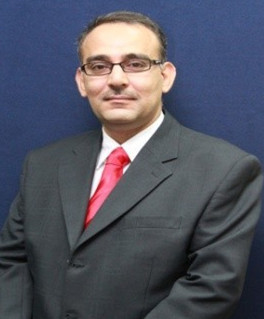Abstract—Following recent trends in the developed countries, Portugal recently cut down the Feed-in tariffs for photovoltaic energy. They are now based on the Iberian market average (around 0.04€/kWh) while the final consumer electricity price is 0.16€/kWh. In this view, the PV system should be dimensioned for self-consumption since injecting into the grid produces less revenue. The motivation for the current work was to analyse the changes due to this new regulation, through the analysis of the economic feasibility of different size PV systems (1kW, 3kW, and 5kW), considering the self-consumption regime with a battery bank as an option. We also compare the most profitable cities in Portugal with and without the use of a battery bank. The results show that the PV systems with battery banks are not as profitable as standalone PV systems in the Portuguese self-consumption regime. This is mainly due to the high price of the battery bank. In general, the mainland results are better than the islands for the 1kW and 3kW PV systems. In spite of the higher initial investment cost, the islands present better results for the 5kW PV system. In general, it can be stated that the investment in PV systems is highly conditioned by external economical factors that continuously change and the current work analyses the current situation in Portugal for different installed powers with or without battery banks.
Index Terms—Battery bank, Grid-tied PV system, IRR, self-consumption.
Sandy Rodrigues, Fábio Faria, Nuno Cafôfo, and F. Morgado-Dias are with University of Madeira and Madeira Interactive Technologies Institute Funchal, Madeira, Portugal (e-mail: sandy.carmo@m-iti.org, morgado@uma.pt).
Xiaoju Chen is with Civil and Environmental Engineering Department, Carnegie Mellon University, USA.
Herlander Mata-Lima is with CERENA — Technical Institute of Lisbon (IST), University of Lisbon, Portugal.
[PDF]
Cite:Sandy Rodrigues, Fábio Faria, Nuno Cafôfo, Xiaoju Chen, Herlander Mata-Lima, and F. Morgado-Dias, "Analysis of the Self-Consumption Regulation for Photovoltaic Systems with Battery Banks in the Portuguese Residential Sector," Journal of Clean Energy Technologies vol. 5, no. 1, pp. 52-59, 2017.


